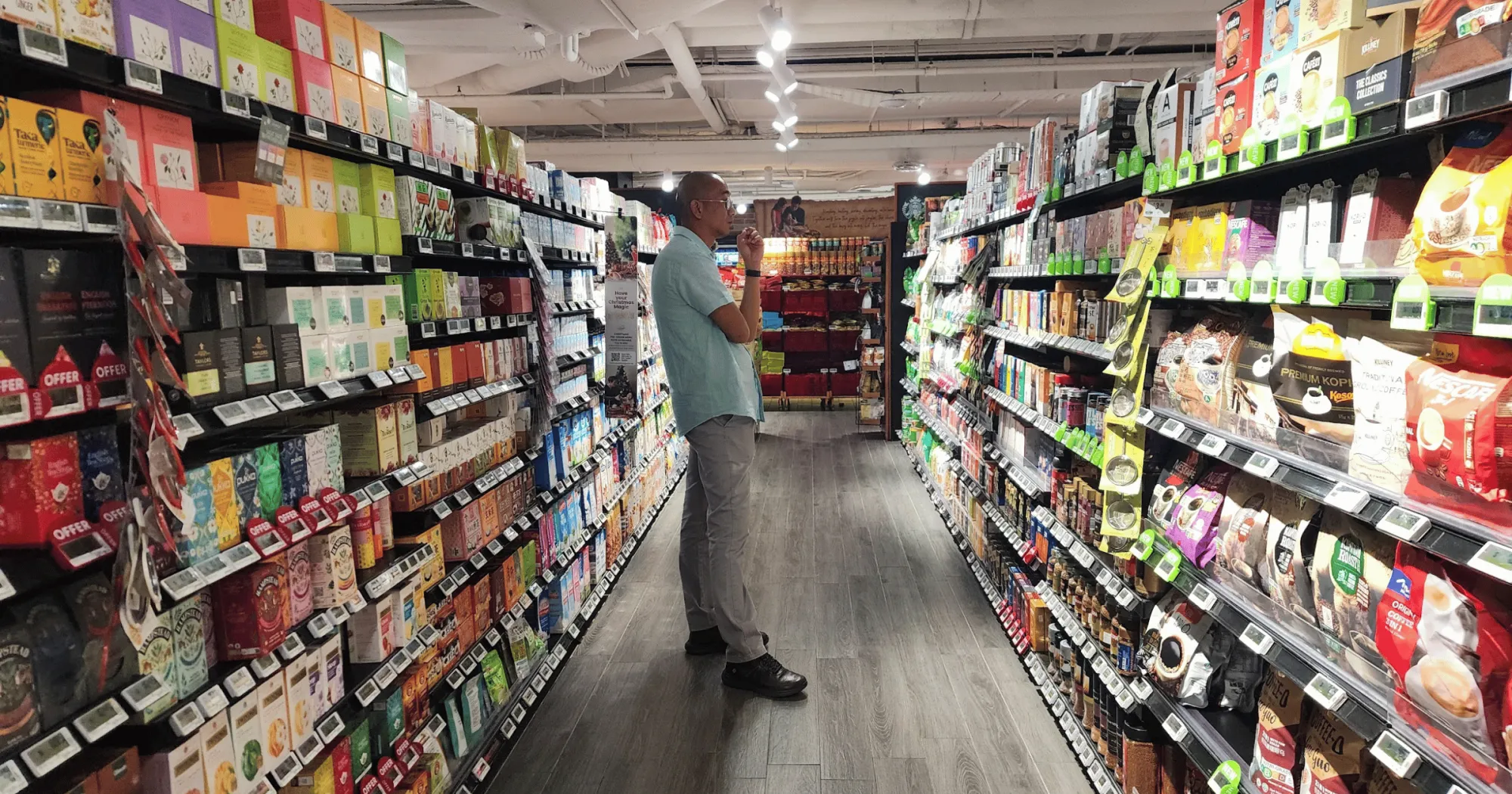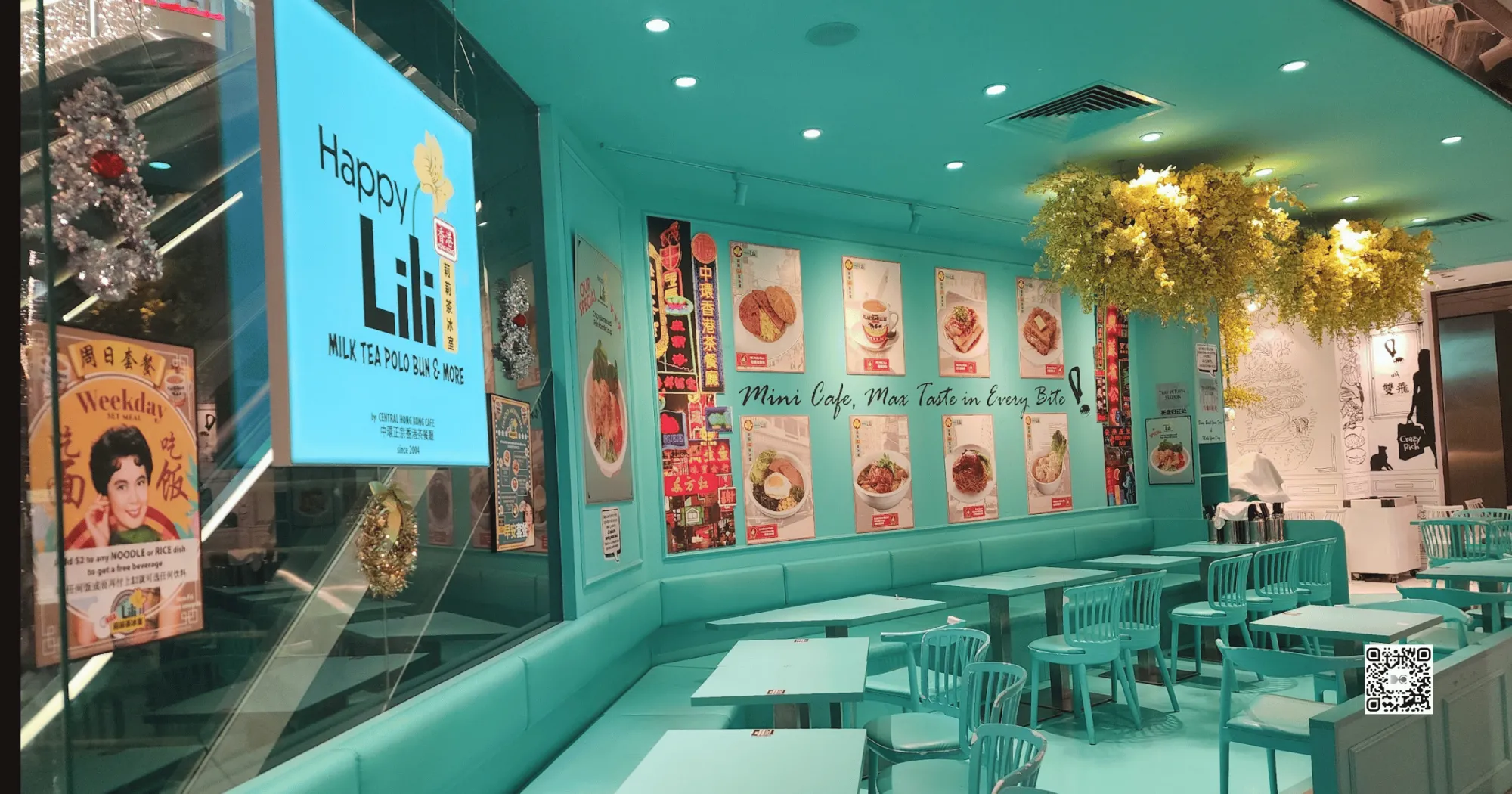Buyers seasonal products for your business is not easy, especially when you have to work with suppliers who are only active during the holidays and “disappear” most of the time. Many buyers complain that they have trouble remembering where they bought it last time, the product codes are boring, there is a lack of innovation, and there is a lack of professional support. The article below will help clarify the problems that seasonal buyers often encounter, thereby helping seasonal businesses better understand and improve the customer experience.
“How do I remember who I bought from last time?” – Lack of customer recognition and tracking
Many seasonal product buyers share that they often forget the suppliers they worked with last season. This is not because customers are not interested, but because seasonal businesses:
- Do not keep in touch with customers for a long time, only “appear” loudly during the sales season, then remain silent for most of the remaining time.
- Lack of CRM system to manage customer information, clear purchase history, leading to each season being like the “first time” for them to transact, having to ask for a lot of information again, causing inconvenience.
- Do not create a special mark about the brand, product, making it difficult for buyers to remember or distinguish between a series of similar suppliers on the market.

Old product codes, lack of innovation – customers gradually lose interest
Buyers also admit that the seasonal products they receive are often familiar designs, with little change over the years:
- Colors, packaging designs, even flavors (for moon cakes, Tet gifts, etc.) are repeated.
- Lack of new ideas or unique concepts makes it difficult for gifts to impress end customers, and gradually reduces their value in gratitude programs and events.
- Many seasonal businesses do not invest in innovation or cooperate with design experts to renew products. This makes buyers feel “bored” and find it difficult to introduce them to their bosses or customers.

Lack of initiative and companionship – buyers are like “self-made shoppers”
Many seasonal businesses only focus on selling but do not really understand and accompany buyers throughout the process:
- Lack of professional advice on product selection, quantity, and shopping strategies that suit the budget and goals of the customer’s business.
- No after-sales support or regular customer care, making buyers feel alone when they need to deal with problems that arise.
- Not building a preferential program or a loyal customer system, losing the opportunity to maintain long-term relationships.

Inconvenient and transparent ordering and delivery process
Buyers often complain about suboptimal processes:
- Ordering steps are complicated, manual, confusing or slow, especially when the quantity is large and the requirements are diverse.
- Information about delivery progress, inventory control or changes are not timely and transparent.
- Seasonal suppliers often do not have a professional order management system, making it difficult for buyers to track orders.

Lack of flexibility in product customization
Buyers want seasonal products that are not only beautiful but also suitable for their personality, culture, and brand:
- Lack of options to personalize packaging, labels, and messages on products.
- There are few product packages with diverse prices and designs to suit different customer groups in the company or gifting program.
- Lack of creative consulting support to create unique combos or gift sets.

Lack of information and transparency about product origin and quality
Buyers are increasingly concerned about the real value of products:
- Many people are still skeptical about the origin of raw materials, production processes, food safety, etc. from small seasonal suppliers.
- Lack of clear quality certifications and inspections makes decision making more difficult.
- Seasonal businesses should increase transparent communication about quality to create peace of mind for customers.

Buyer Expectations and Solutions for Seasonal Businesses
To save buyers headaches, save time, and give them a more satisfying experience, seasonal businesses should:
- Build a customer management system and maintain communication throughout the year, helping buyers easily identify, remember and feel appreciated.
- Innovate products, create unique concepts each season, combined with creative design to increase appeal and emotional value.
- Train a team of professional consultants, proactively support customers from the planning stage to post-season, creating a real companionship.
- Applying technology to manage orders, warehouses, and delivery, providing transparent and convenient information for buyers to track.
- Providing personalized options, product diversity, and flexibility in gift packages, suitable for many audiences and purposes.
- Transparency about product quality, raw material origin, and production process, creating long-term trust.
Because….so….
Seasonal product buyers are not just “temporary customers” but also strategic partners of seasonal businesses. When the shopping experience is not really complete, they easily fall into a state of “forgetting the supplier”, finding competitors or stopping buying altogether. On the contrary, businesses that know how to listen, change to accompany customers throughout, innovate products and be transparent in the process will retain loyal customers for a long time and develop more sustainably through each season.













